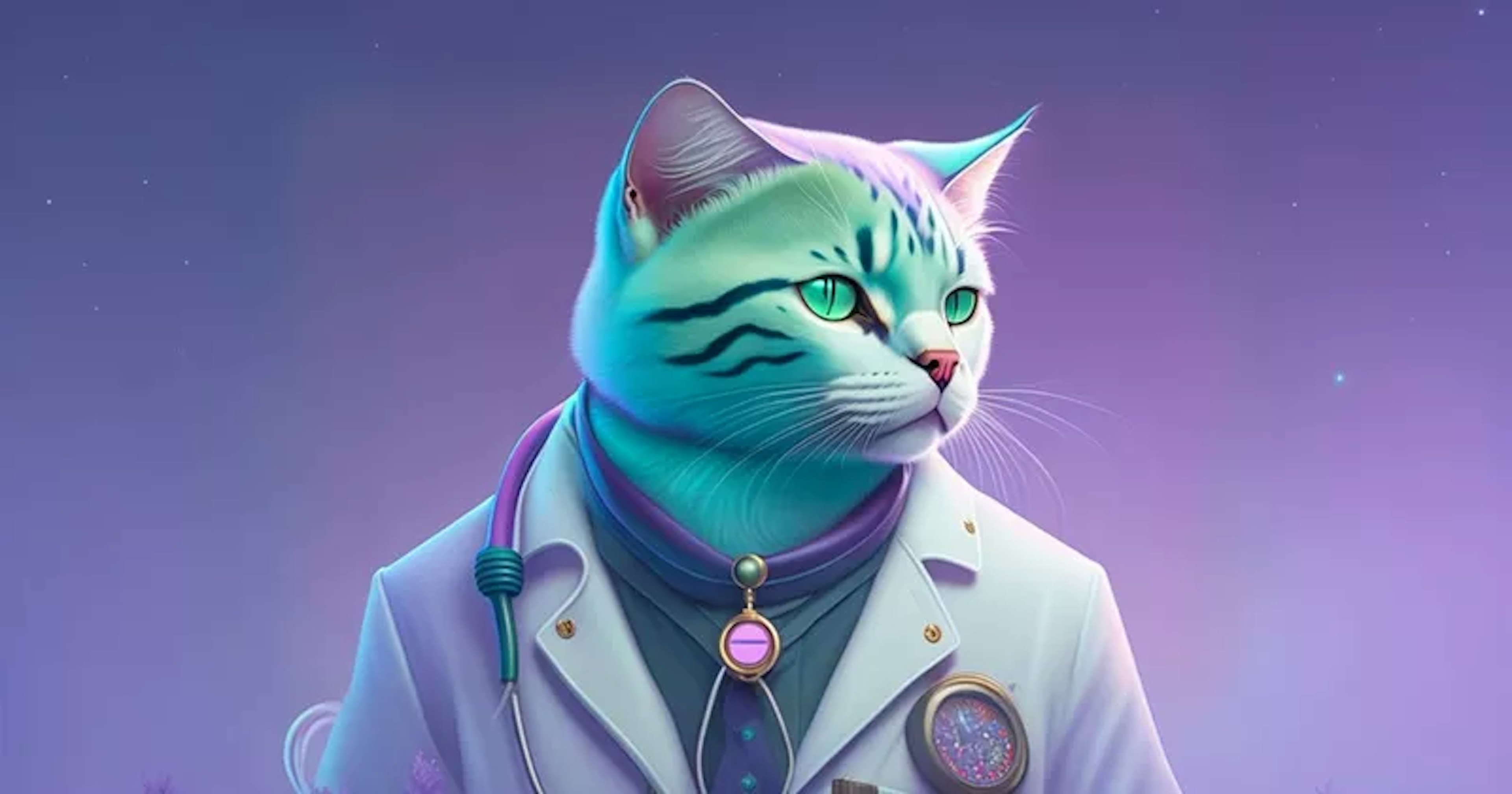Using AI to Help Me Get into Medical School
Jose Nicholas Francisco

Okay, let’s get this out of the way: I am not an actual medical student.
I was kinda serious about becoming a doctor in my undergrad years, but like many who begin the medical route, I was tempted off the path by the world of tech. Now, instead of having an MD, I have a github account.
However, I still think it’d be fun to take the MCAT. Or, at least, it’s fun to take a big test when there are no stakes whatsoever. My score doesn’t matter, so let’s see what shenanigans we can get up to.
Alright, let's go!
Can AI help with test-taking?
My goal here is not to see if Large Language Models can pass the MCAT. We already know that they can. And besides, it’s not as if future medical students are going to let ChatGPT take the test for them.
Rather, my goal is to see if AI can assist in the studying process.
After all, many people on Twitter are throwing around the argument that “An AI won’t replace you, but a person who knows how to use AI will.”
Well, to that assertion I say, “Let’s see.”
Now, before we begin, I do need to mention that the MCAT takes 7-8 hours to complete. Unfortunately, I don’t have that time. So I’m going to take only one section of the MCAT—the Chemical and Physical Foundations of Biological Systems section.
This section tests your Chemistry and Organic Chemistry skills with a touch of college physics in there for good measure. It consists of 59 multiple choice questions, each with four answer choices.
I’m going to take the MCAT Chemistry Section in three different ways:
Random guessing.
Educated guessing with my raw brain.
Educated guessing with my raw brain and an AI-created study-guide.
My hypothesis is that the random-guessing score will be the lowest (around 25%). Then, my “raw brain” score will be slightly higher, but not by much. After all, I’ve only really studied the pre-med path for two out of the typical four years.
Finally, I hypothesize that AI-assisted educated guessing will yield the best results.
How I used AI to study
At this point, it’s common knowledge that AI chatbots like ChatGPT, Houston, and Bard all make errors. As a result, I don’t want to use a chatbot to study, since I don’t want to do the work of fact-checking every single output they produce.
So I’m going to need an AI that will condense information that I already know to be correct.
As a result, I’m using Khan Academy to create a study guide. I trust them, since I’ve been using their videos since high school. And they already have a playlist of videos for this specific section of the MCAT readily available.